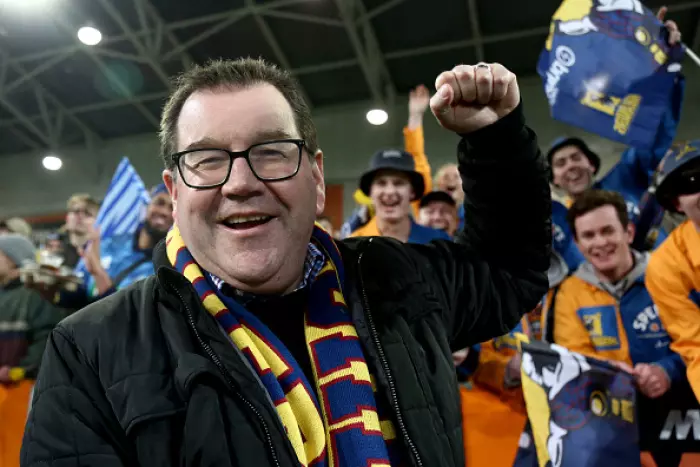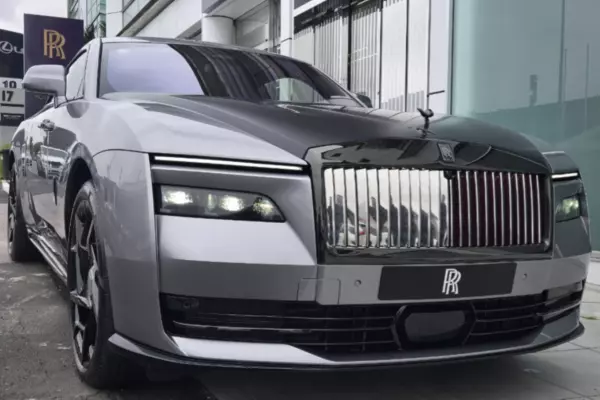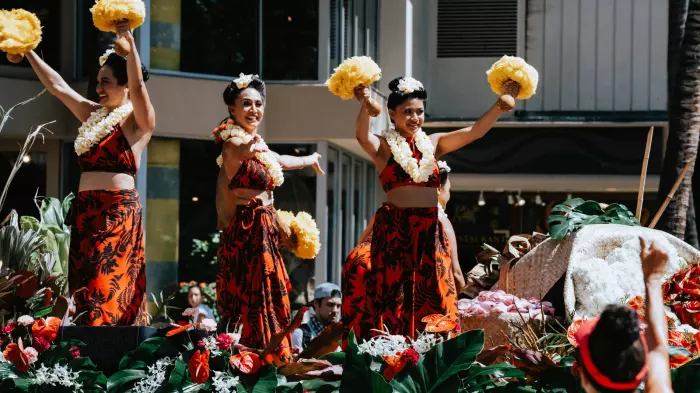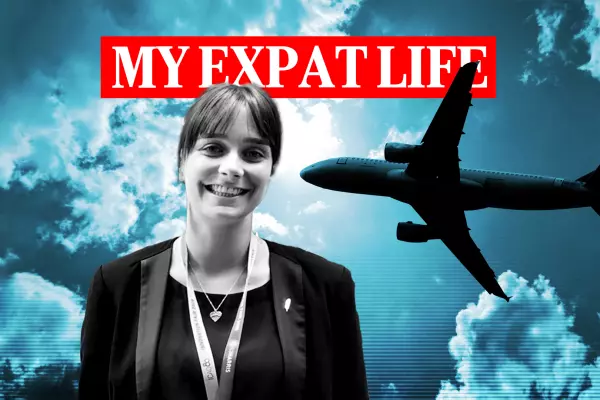Welcome to My Net Worth, our regular column on the lives and motivations of our country’s top business and political people, in their own words.
Grant Robertson, the Labour MP for Wellington Central, is the Minister of Finance, Sport and Recreation, Minister Responsible for the Earthquake Commission and an Associate Minister for Arts, Culture and Heritage.
I grew up mainly in Dunedin and that had a big impact on me. Issues of social justice were discussed a lot in our household. South Dunedin was a working-class suburb and my friends from school and the people I knew were people who came from those backgrounds. The impact of some of the policies of the ’80s and ’90s on them was a big influence on my politics.
I came to Wellington in late 1994, to begin a couple of years working for the New Zealand University Students’ Associations. I then went to work for Foreign Affairs and Trade in the overseas aid area and eventually I went to New York as a diplomat. That was amazing; I mean, I was 27 years old and I was working on the front line of a lot of big international negotiations with people much more senior than me. I was responsible for quite large budgets in the overseas development assistance programme and involved in pretty significant negotiations, so it was a steep learning curve.
My parents have been the biggest influence on my career, but my mother in particular because of her robust set of values. I said in my maiden speech that her advice to her three sons was that we should work hard, treat others as we wish to be treated, and that we are our brothers’ and sisters’ keepers. That piece of advice has had a lot of influence on me.
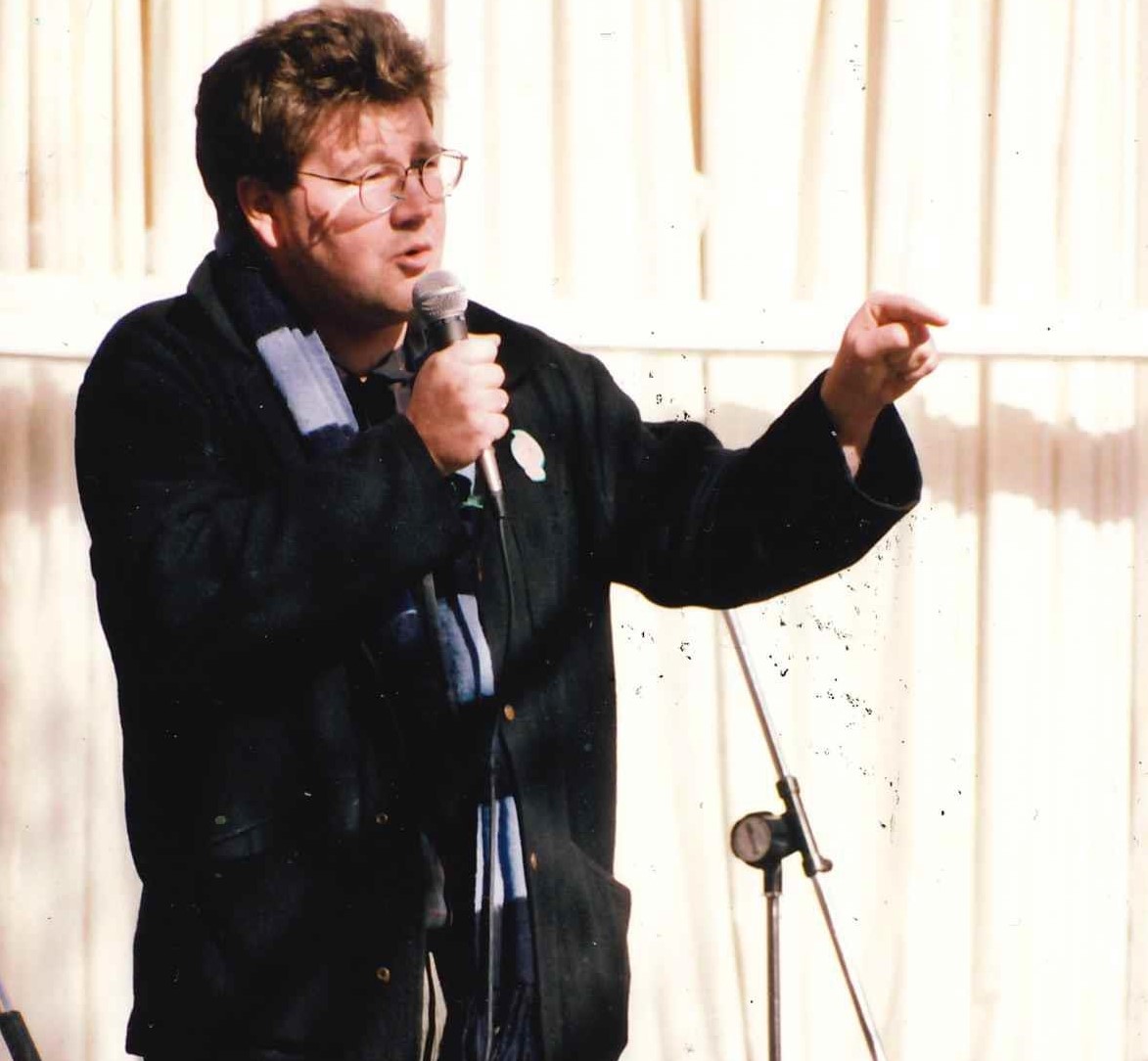 Robertson in 1996 as President of the NZ Union of Students' Associations
Robertson in 1996 as President of the NZ Union of Students' Associations
My hardest political lesson was the time spent in Opposition, the nine long years when the Labour Party's internal squabbles saw the New Zealand public lose confidence in us. It was a very salutary lesson that unity in your party is critical to success and it was a tough lesson to learn because we had those nine years in Opposition as a result of it.
I rate the production of the Wellbeing Budget last year as my biggest political achievement. That was a completely different way of putting a Budget together – how we developed our priorities, what we spend our money on. It is world leading. It's still got work to be done on it, but I regard that as a big accomplishment.
I don't have a major political regret because I feel I'm in the midst of my political career. That's the kind of thing I will look back on, perhaps, rather than do now.
My biggest issue with politics is my balance between work and life. I find that hard to get right. I try to make sure I get home in the evening so I can spend time with my partner, Alf. I'd like to spend more time with our grandchildren than I do at the moment.
This year, I've had one long weekend off and we splurged by going to stay at a place at Waimarama Beach in Hawke’s Bay. It was beautiful, and a little bit more per night than I would normally pay, but worth it for just a few days off in what's been a hectic year.
It's a cliched thing that politicians are in it for themselves. The vast majority are not, and that includes people from all of the political parties in Parliament. It's very rare to meet someone who is, but I think there is an impression in the outside world that that is the case.
Covid-19 has been another lesson in life about the importance of not taking things for granted and about always remembering that you need to be adaptable and flexible and things are not linear.
The most valuable thing I own is a collection of photographs and artwork that represents my family or is artwork done by friends of mine who are artists. They are the things that I think about and I look at and they have a lot of meaning and value to me, but questionable monetary value in some cases.
If I get the chance, I go and get a curry from somewhere down on Lambton Quay or The Terrace and sit in the sun outside Parliament.
As told to Pattrick Smellie.
This interview has been edited for clarity.


